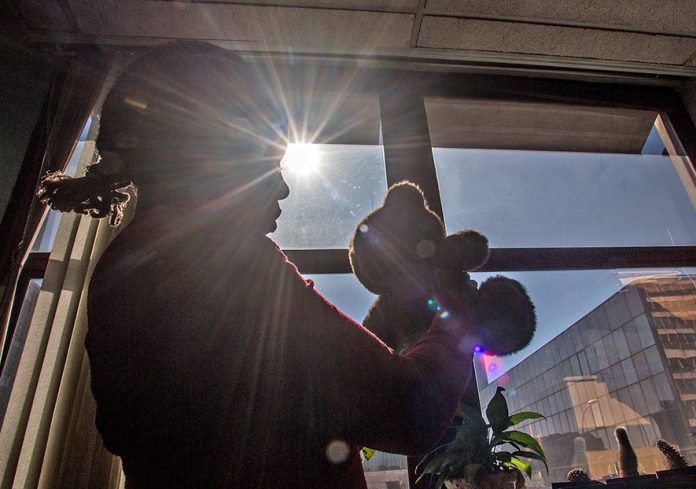Durban – South Africa’s adolescent pregnancy crisis dates back more than 20 years, according to experts Sunday World spoke to.
Data from Gauteng and Western Cape this week laid bare the extent of the problem, which sees thousands of girls drop out of school yearly.
Gauteng said 934 babies were delivered by pupils aged between 10 and 14 years since April last year, while 19 000 pupils in the age band 15 to 19 also gave birth during the same period.
The Western Cape department of education subsequently followed suit, reporting that more than 11 000 pupils fell pregnant since lockdown. Out of this number, 325 were children younger than 14 years.
Christine Muhigana, Unicef South Africa’s representative, said teenage pregnancy was one of the primary reasons for teenage girls dropping out of school, most of whom never go back to the classroom.
“In 2016, some 16% of women aged 15-19 in South Africa gave birth, a total of 71 births per 1 000 women, according to the Demographic Health Survey. The 2016 statistics showed little change from the 1998 statistics,” Muhigana said.
“The proportion of women aged 15-19 who gave birth rises rapidly with age, from 4% of women age 15, to 28% among women at age 19. Early childbearing among young women is more common in non-urban areas than in urban areas [19% versus 14%, respectively].”
The results of the South Africa Demographic and Health Survey 2016 show the age-specific fertility rate for teenagers was 71 births per 1 000 women aged 15-19.
Professor Deevia Bhana, respected academic on gender and childhood sexuality, said the under-age pregnancy crisis stems from the long-held belief and obsession in society that children are innocent, saying this narrative hinders parents from understanding the sexuality of their children.
“If we continue to deny and stigmatise the interest of young people in sex and sexuality, we will never win the war. Instead, we will further entrench the problem and increase under-age girls vulnerability to pregnancy.”
A study commissioned by the Department of Basic Education on teen pregnancy with a focus on school-going adolescents noted glaring failures in the data on young fatherhood, including failure to say whether the pupils were being impregnated by their peers.
The plight of adolescent girls is also borne out by the prevalence of HIV/Aids in the age group.
In 2018, 69 000 young women became HIV-positive, compared to 28 000 young men. KwaZulu-Natal-based cultural campaigner and girl rights activist Dr Nomagugu Ngobese said the government should hang its head in shame.
“Tough questions should be asked as to who is sexually abusing our children. These are clear cases of sexual crime and police should investigate,” said Ngobese.
What Unicef says about teen pregnancies
Teenage pregnancy impacts on the health and education of young women.
• Giving birth as a teenager can be dangerous. Adolescent girls face higher risks of pregnancy complications than older women.
• Their babies face higher risks through pre-term delivery, low-birth weight and severe neonatal conditions.
• Covid-19 has disrupted education in South Africa and across the globe. When girls are out of school, they are more at risk of falling pregnant.
• Pregnancy is one of the primary reasons for teen girls dropping out of school. Most of them never go back to the classroom.
• Teen pregnancy can limit young women’s personal growth and ability to pursue their ambitions and careers.
Also read:
Ramaphosa cracks whip on cops, faces headache over vetting of spies
Kelly Khumalo tipped to replace Somizi as ‘Idols SA’ judge
Khanyi Mbau’s beau in hot water over drugs
Insults fly as Sophie’s son refuses to pen an apology
Follow @SundayWorldZA on Twitter and @sundayworldza on Instagram, or like our Facebook Page, Sunday World, by clicking here for the latest breaking news in South Africa. To Subscribe to Sunday World, click here.
Sunday World



